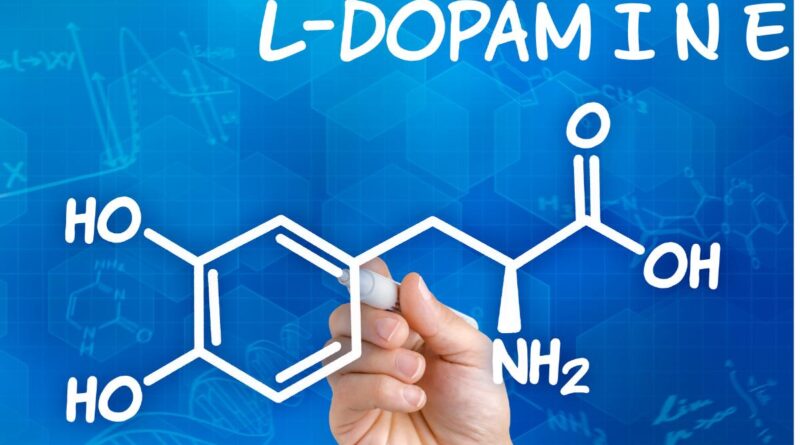The Dopamine Factor: Unlocking Motivation
Introduction
In the pursuit of personal and professional goals, motivation stands as a driving force. However, in the digital age, where distractions are abundant, understanding the role of neurotransmitters like dopamine is crucial in unlocking sustained motivation.
The Dopamine Dynamics
Dopamine, often dubbed the pleasure molecule, plays a central role in shaping our desires and motivations. It is the neurotransmitter responsible for the feeling of reward and pleasure, influencing our behaviors and choices. In the context of motivation, dopamine is a double-edged sword.
On one hand, it propels us to pursue pleasurable activities, acting as a catalyst for goal-directed behavior. On the other hand, a constant barrage of high-dopamine activities, such as social media engagement and video gaming, can lead to tolerance, diminishing our motivation for less stimulating tasks.
Dopamine Tolerance and Motivation
Understanding the concept of dopamine tolerance is crucial in deciphering the motivation puzzle. When the brain adapts to consistent high levels of dopamine, it becomes less responsive to activities that release lower amounts of this neurotransmitter. This phenomenon poses a significant challenge in maintaining motivation for tasks that don’t provide an instant dopamine rush.
The Dopamine Antagonist Approach
To counteract the effects of dopamine tolerance and reignite motivation, the dopamine antagonist approach emerges as a powerful strategy. By intentionally abstaining from high-dopamine activities for designated periods, individuals allow their brain’s dopamine receptors to recover. This deliberate break from constant stimulation can reset the brain’s reward system, making less stimulating tasks more appealing.
Practical Implementation
Implementing the dopamine antagonist approach involves either a full day without high-dopamine activities or a selected day each week dedicated to abstaining from a specific dopamine-rich behavior. Fine-tuning the strategy based on individual preferences ensures its effectiveness. Caution is advised, especially for those dealing with harmful addictions, as alternative, non-harmful rewards are sought.
Rediscovering Motivation
The ultimate goal of unlocking motivation through the dopamine factor is to rediscover joy in low-dopamine activities. By consciously choosing where to derive dopamine and balancing its intake, individuals can regain control over their motivations and steer them towards activities that contribute to long-term fulfillment and success.
In conclusion, understanding the role of dopamine in motivation is pivotal in the digital age. The dopamine antagonist approach offers a nuanced solution, allowing individuals to break free from constant stimulation and find motivation in a balanced and sustainable manner.
Unlocking Motivation: The Dopamine Factor – FAQs
1. How does dopamine impact motivation?
- Dopamine serves as a neurotransmitter that influences our desires and motivations. It acts as a reward mechanism, propelling us to engage in goal-directed behavior.
2. What is dopamine tolerance, and how does it affect motivation?
- Dopamine tolerance occurs when the brain adapts to constant high levels of dopamine, diminishing responsiveness to activities that release lower amounts. This can reduce motivation for less stimulating tasks.
3. Can the dopamine antagonist approach work for everyone?
- While the dopamine antagonist approach is effective for many, it’s essential to tailor the strategy to individual preferences. Caution is advised for those dealing with harmful addictions.
4. How frequently should one implement the dopamine antagonist approach?
- The frequency of implementing the dopamine antagonist approach depends on individual needs. Some may benefit from a full day without high-dopamine activities, while others may opt for a selected day each week.
5. Are there alternative methods to boost motivation besides the dopamine antagonist approach?
- Yes, various methods exist, including setting achievable goals, creating a supportive environment, and practicing mindfulness. The effectiveness varies from person to person.
6. Can dopamine antagonist strategies help in long-term goal pursuit?
- Yes, by allowing the brain’s dopamine receptors to recover, the dopamine antagonist approach can contribute to sustained motivation for long-term goal achievement.










Pingback: TestRX 2024 Reviews: Exploring Effectiveness, Ingredients, and Pros - American Fit Life